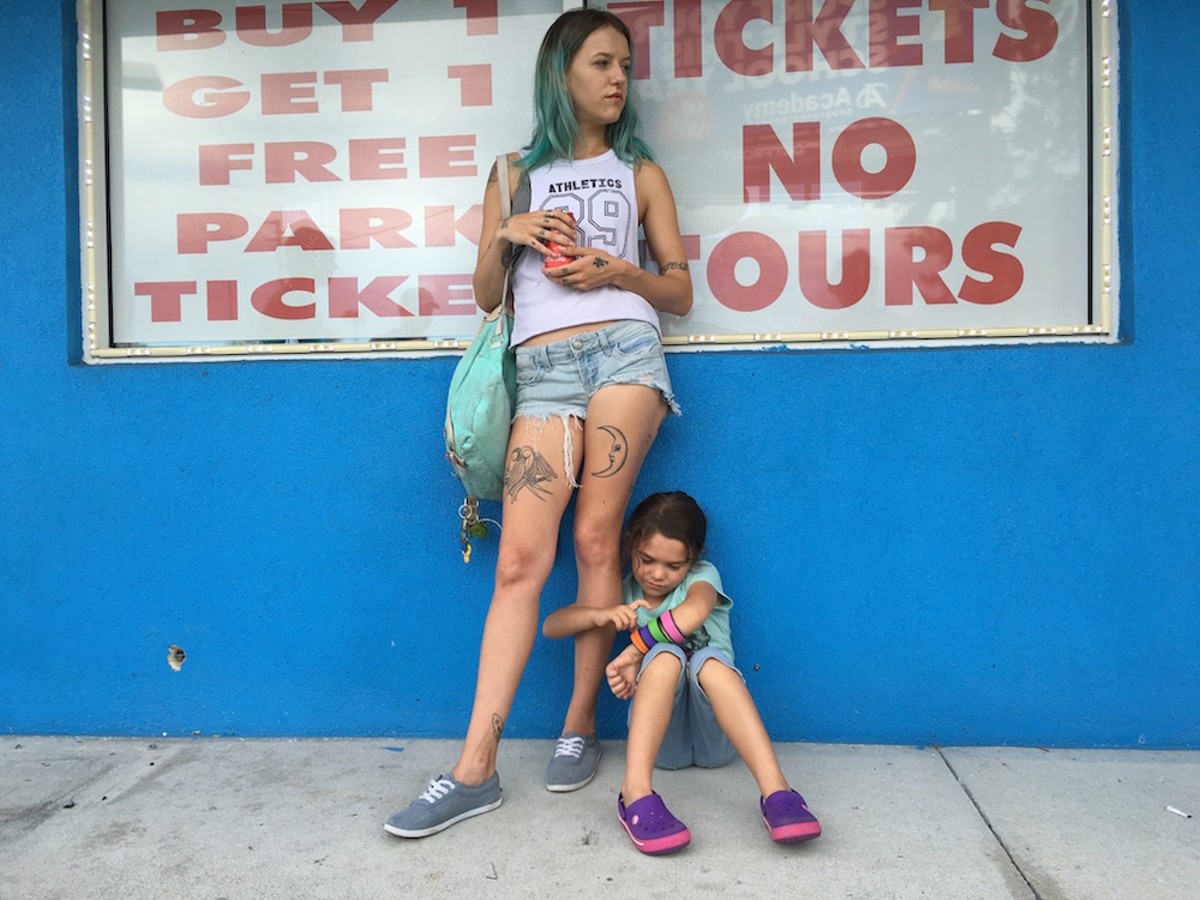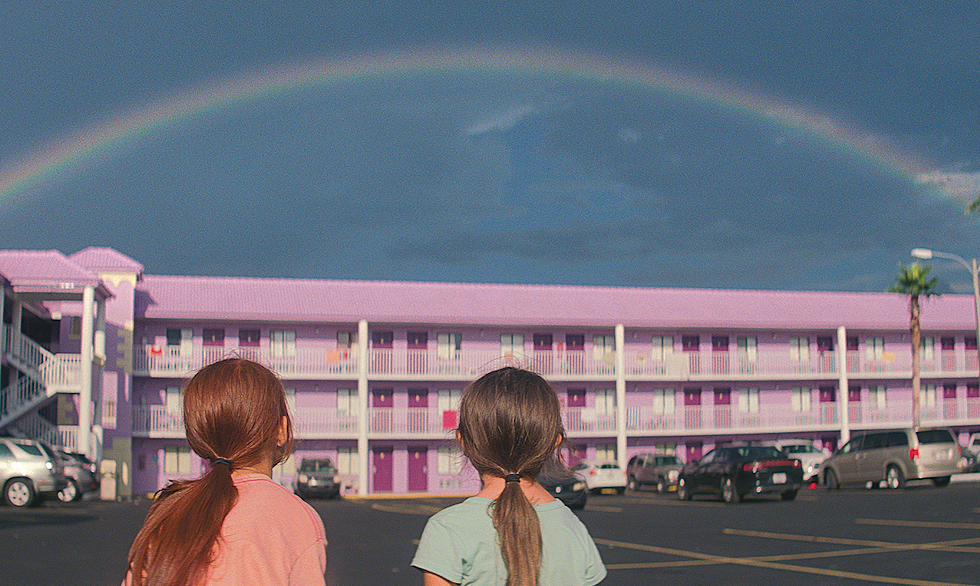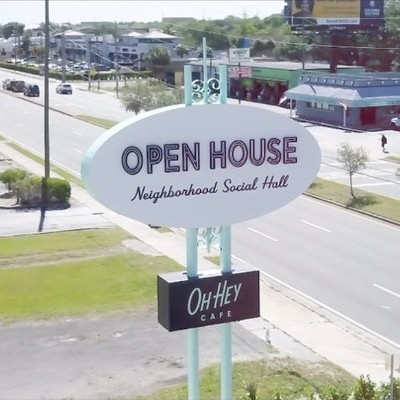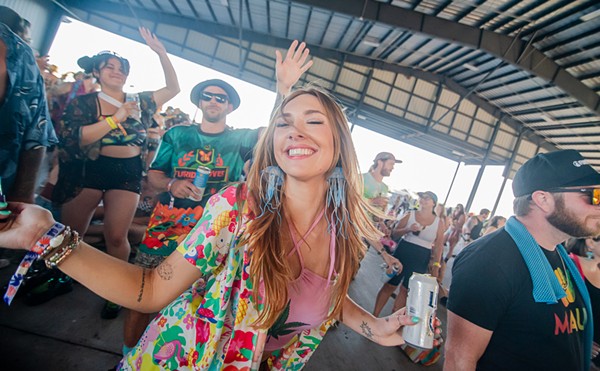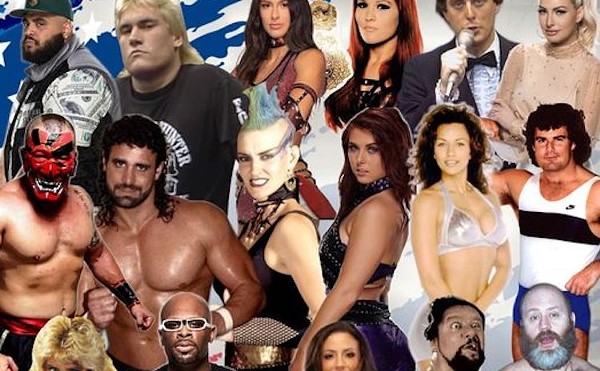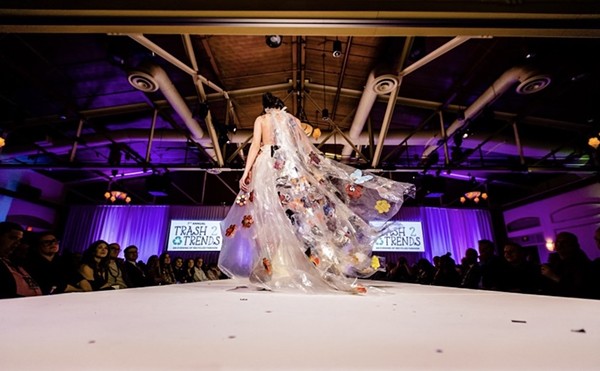"It's a place for now, but you never know because someone could be knocking on your door and saying 'You've got to go,' because you didn't follow one rule or you know, you didn't pay rent on time," she says. "They will boot you out and don't even care if you have a kid. They'll have you sit right there on the corner with all your stuff and everything. Some of them will give you about an hour to get a ride, but the majority of the time, you have to leave right there and then – they don't give a shit. Some of them will be assholes and literally lock your room so you can't get your stuff until you pay."
After getting kicked out, the first thought in Roman's head is usually, I fucked up. The next thought is how to make money for a room that night for her and Jaymaris.
"It gives me a whole night to figure out what we want to do and gives her a whole night to sleep," she says. "I cry to her and I apologize. 'I'm sorry. Mommy's trying her best.'"
To get away from the drug scene in Kissimmee, Roman moved to Orlando three years ago and finished her college degree. She works as a security guard for $8.50 per hour, which leaves her little cash to save. Roman and her neighbor Elvia Berrios, who is raising two boys on a housekeeping-supervisor hourly wage of $8.50, smoke cigarettes outside often when they're stressed about stretching their earnings into rent, food and car payments. Curfews and rules are strict here, but at least there is a sense of community among the parents.
"Some people that have the luxury to have a home really don't know how hard it is to live in a motel," Roman says. "They think nothing of it until they live it. And it's hard to get help. Like I want to be placed on Section 8, but I couldn't because according to them, I make too much. They just end up referring you to an agency, which refers you to another agency. Now that I see you're giving me the runaround, I'll just do it myself."
Like the children portrayed in The Florida Project, Jaymaris is a sweet kid with bright eyes who likes to explore the motel. Roman says her daughter doesn't beg for much, but when she has extra change, she'll go to the dollar store and buy a bag of toys. Jaymaris has lived in motel rooms all her life and been privy to overdoses and violence – and Roman doesn't want that life for her.
"Even though she was born into a motel, I want her to know that she can do anything," she says. "I'm taking her out of this. I want to make sure I get a house for my daughter where she can be able to come home and be OK. I don't want my daughter following my footsteps at all."
Roman holds her daughter close and smiles. Jaymaris has told her mother she wants to be a dentist when she grows up.
"It's funny – someone asked me recently, 'How are you so positive?'" she says. "And I told them it's because every morning I wake up, the first person I see is my little girl. And when you see somebody that you adore so much, that you love with everything in you, and you want nothing but the best for them, you have to hold on to that hope – because if you lose it, then nothing is going to come. Nothing."
"The Florida Project" opens at Enzian Theater on Thursday, Oct. 12.

